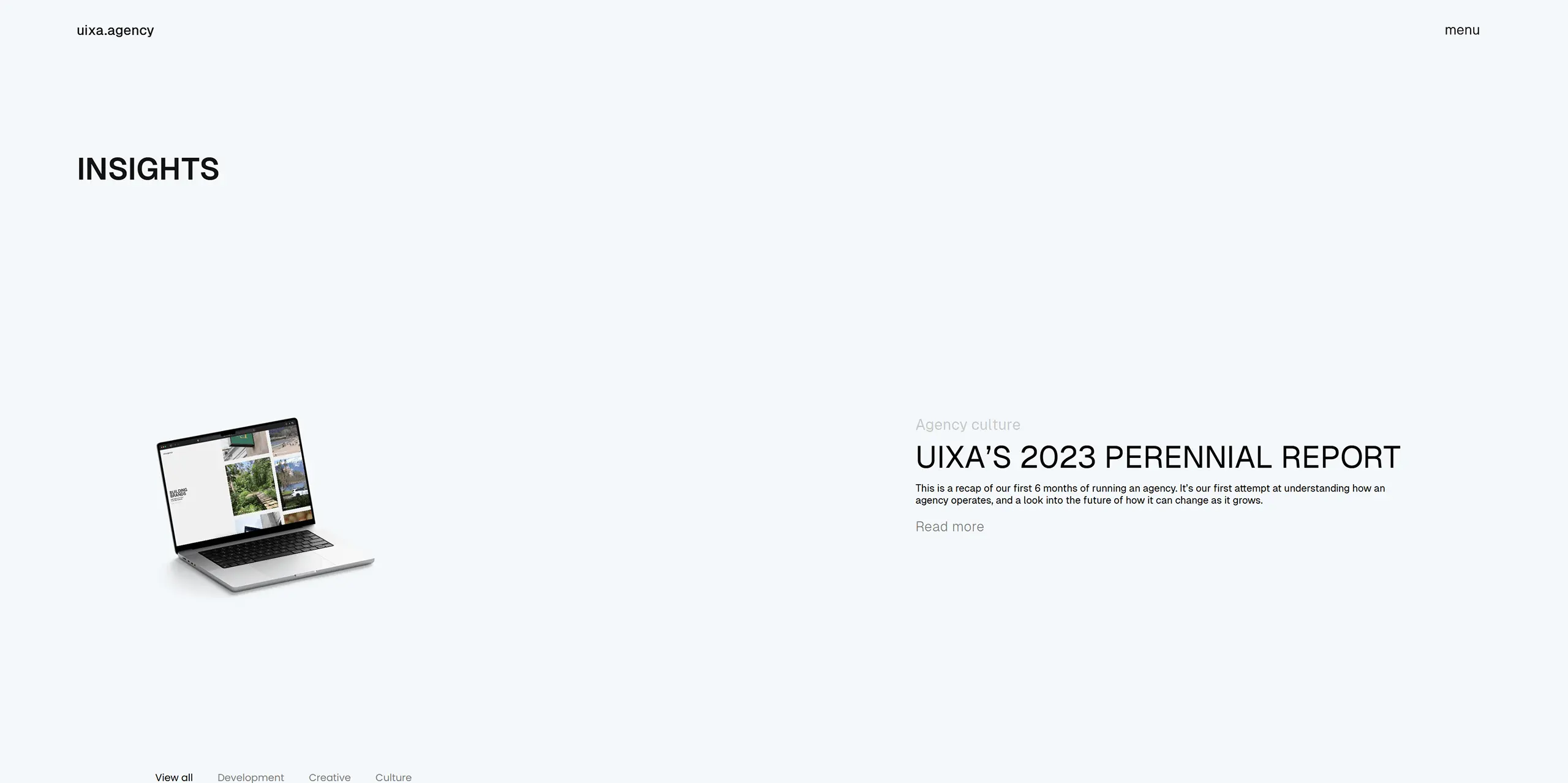Home > City vs Countryside
City vs Countryside
What Changes for Creative Service Providers
- Markus Pichorner
TL;DR
Big cities mean more opportunities and competition. Rural areas offer closer relationships and less market noise. With today’s digital tools, you can succeed from either location, but the balance between local presence and online reach is what truly shapes your success.
Where you live shapes how you work. For creative service providers, the choice between a bustling city and a quieter, more rural setting can impact everything from opportunities to client relationships. Both come with unique advantages and challenges. Knowing the differences can help you decide where your creative business thrives.
Opportunities in big cities
Big cities are magnets for business. Startups, established companies, and creative agencies are everywhere, which means more opportunities to pitch, collaborate, and grow. You’ll find:
-
A higher concentration of potential clients
-
Networking events almost every week
-
Access to industry-specific communities
-
Faster adoption of new trends and technologies
But more opportunity also means more competition. Standing out in a crowded market can take more marketing, stronger positioning, and often, sharper pricing strategies.
Life in the countryside
In a rural or smaller-town setting, the landscape looks different. There may be fewer clients around the corner, but relationships can run deeper. Trust and word-of-mouth often play a bigger role in winning work. Clients might value reliability and personal connection more than flashy portfolios.
There’s also less direct competition, which can make it easier to become “the go-to” provider in your niche. The trade-off is that projects may be smaller, and you’ll likely need to extend your reach online or into nearby cities to keep the pipeline full.
The hybrid reality
Today, geography isn’t as limiting as it once was. With remote work and digital tools, a creative service provider in a small town can still work with international clients. Video calls, cloud collaboration, and digital marketing help bridge the gap.
That said, face-to-face meetings still carry weight. Being able to grab coffee with a client in the city can build trust faster than any Zoom call. Many providers find themselves mixing both worlds, living in one and travelling to the other when needed.
A smoother collaboration
Contracts aren’t only about legal safety. They also make the working relationship smoother. Everyone knows what to expect, which reduces stress, confusion, and misaligned priorities. When the basics are secure, both sides can focus on what really matters — creating great work together.



